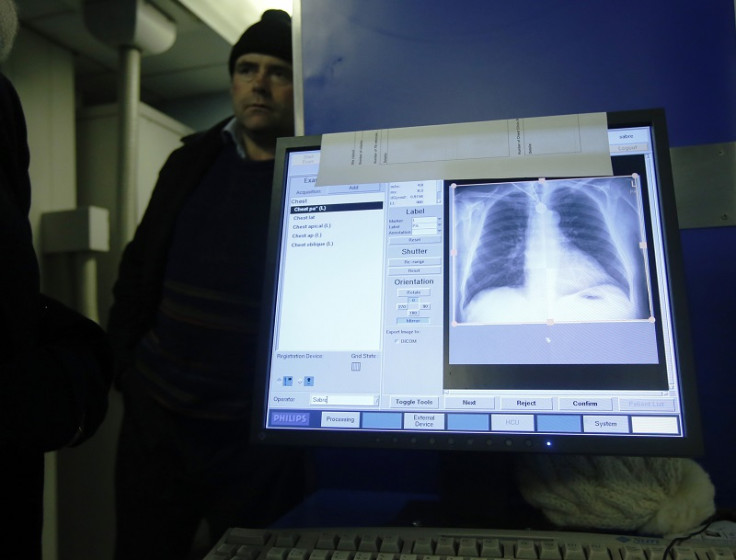UK Tuberculosis Cases Could Exceed US Figure Within a Year
Public Health England chief executive Duncan Selbie warns TB is on the rise in the UK

The number of tuberculosis (TB) cases in England is set to exceed the number in the US within a year, a leading public health expert has warned.
Duncan Selbie, chief executive of Public Health England (PHE), said the disease is showing a dangerous resurgence, fuelled by global migration. New cases are also being exported from the UK to Pakistan, he said.
Speaking at the Chartered Institute of Environmental Health conference last week, Selbie said: "Tuberculosis has begun again to be a big problem for us as a nation. This time next year, and maybe sooner, we will generate more new cases of tuberculosis in England than the whole of the US."
This time next year, and maybe sooner, we will generate more new cases of tuberculosis in England than the whole of the US.
After HIV, TB is the biggest global killer caused by a single infectious agent. The disease claims 1.3 million lives every year, and around 8.6m people fall ill with TB annually.
TB kills around 350 people a year in Britain and around 9,000 cases of the disease are diagnosed per annum – a number that has been growing over the past few years.
In 2012, there were 8,729 British cases of the disease, compared with 9,945 in the US, where the number of cases has been steadily declining.
According to the PHE's latest 2014 report, almost three-quarters (73%) of TB cases occurred in people born outside of the UK, of which just 15% were recent migrants diagnosed within two years of entering the UK.
However, Dr Sarah Steele, a lecturer at Queen Mary, University of London, said it is difficult to know the precise immigration status of people receiving NHS treatment for serious illnesses.
It’s really hard to quantify any of the costs to the NHS of treating ‘life-threatening diseases’ because we don’t require everyone to show ID when they use hospital or other services.
"It's really, really hard to quantify any of the costs to the NHS of treating 'life-threatening diseases' because we don't require everyone to show ID when they use hospital or other services," she told The Guardian.
"So to get any [reliable] figures on this is near impossible."
PHE's study also reveals that TB is concentrated in the UK's most deprived areas.
In 2013, 70% of TB cases were in the 40% most deprived areas. More than four in 10 (44%) were unemployed, and 10% had at least one social risk factor, such as a history of alcohol or drug misuse, homelessness or imprisonment.
Viv Bennett, the PHE's director of nursing recently said nurses can play a "critical role" in tackling TB by identifying and treating people in the community who already have the disease but have not sought medical care.
© Copyright IBTimes 2025. All rights reserved.






















